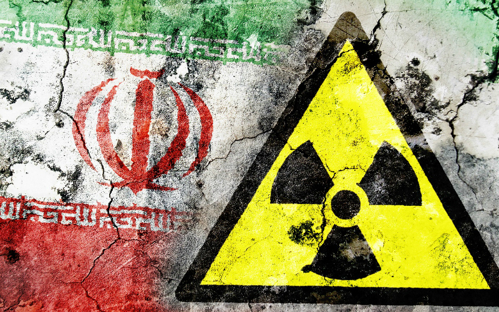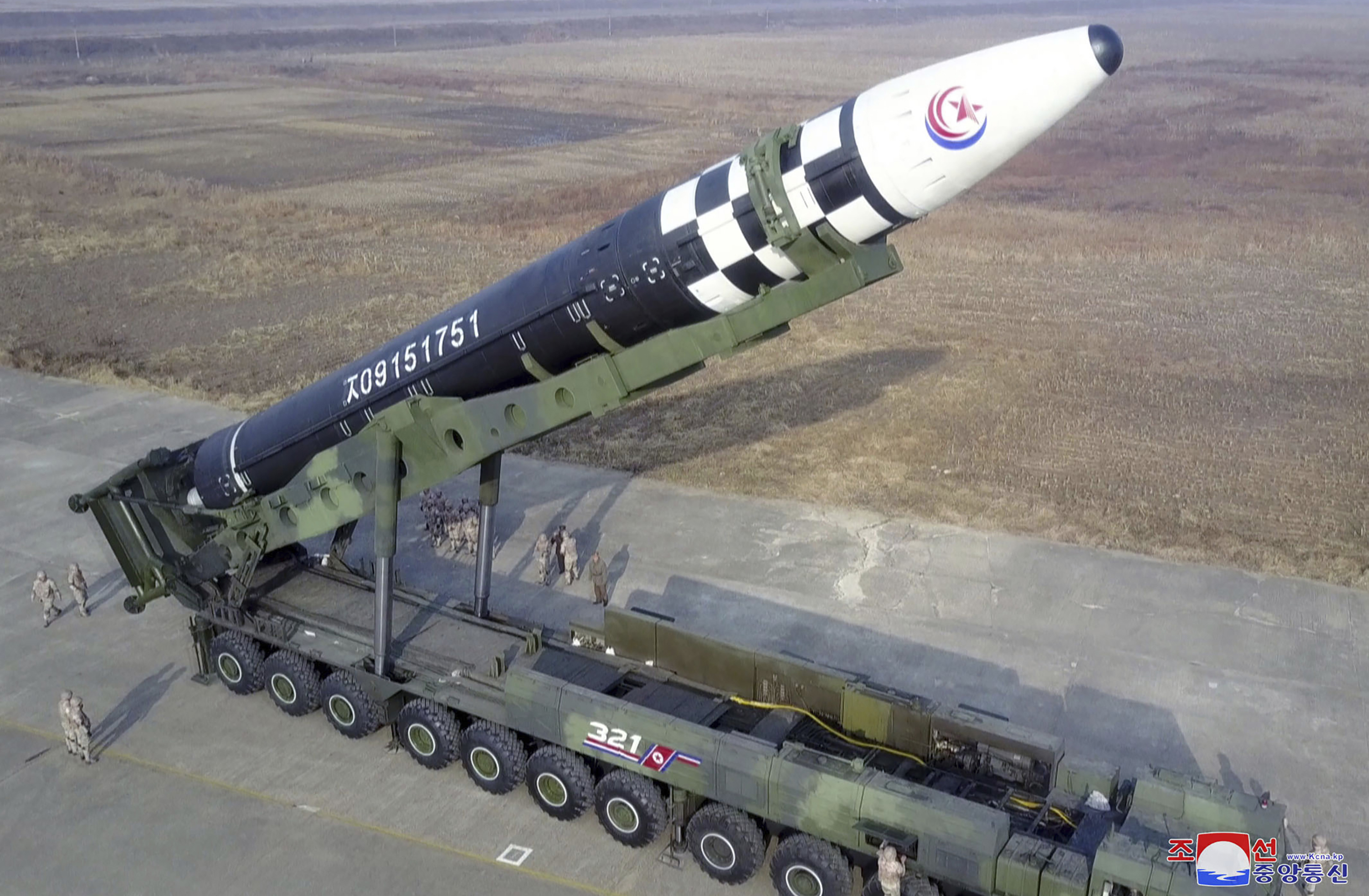In 2018, during Donald Trump’s first term as president, the United States withdrew from the Joint Comprehensive Plan of Action (JCPOA), also known as the Iran nuclear deal. Why? Because the Iranian regime really had no intention to limit its nuclear program.
In 2022 a former CIA officer told AFN, "The fact of the matter is that the Iranian regime has been cheating well before the world powers ever even entered into the July 2015 JCPOA."
In 2018, Israeli Prime Minister Benjamin Netanyahu revealed a “half ton” of documents that indicated Iran had covered up its nuclear weapons program prior to the deal. 
Iran’s stockpile of enriched uranium has grown to 60%, catching the attention of nuclear watchdogs. If enriched to 90% or more, Iran could create multiple nuclear weapons. Growing dangerously close to weapons-grade, uranium enriched to 83.7% was found at Iran’s Fordo facility in 2023.
With Trump back at the helm and rightfully concerned, another effort to reduce its stockpile of enriched uranium and limit its enrichment capabilities is underway.
According to a senior administration official, “very good progress” toward a deal after a few rounds of talks. Yet, Iranian Foreign Minister Seyed Abbas Araghchi recently shared on X, “Enrichment in Iran, however, will continue with or without a deal."
AFN spoke to Army Lt. Col. (Ret.) Darin Gaub, a former UH-60 Blackhawk pilot and national security expert. The Iranian regime, he said, will make its best effort to openly grow its nuclear program on the world stage, but if that doesn’t work out, it will be done secretly.

“If they get shut down publicly, they’ll keep it hidden and keep any potential inspectors away in the process,” he explained.
Attributing the phrase to Muhammed, Islamists believe “war is deceit.” And according to Gaub, this holds true in most Middle Eastern countries. “Deceit is just part of the game, and signing a treaty is a form of it,” he argued. “A written treaty on paper is simply a tactic, as they will continue to pursue their ultimate aims regardless.”
Gaub is adamant the regime can never be trusted, so how could the U.S. dampen Iran’s race toward weapons-grade uranium enrichment? “Keep a maximum economic pressure campaign on them,” he offered. “This is the best chance we can have to do something that doesn’t involve shooting bullets or launching missiles.”
A different plan for success
The retired Army officer also offered a plan B. He noted the success of Stuxnet, a malware used to target Iran's Natanz nuclear facility over a decade ago. “Again, this is not kinetic warfare related, avoiding a shooting war,” he pointed out.
As a third potential disruptor to Iran’s nuclear development, Gaub suggested “influencing the population of Iran to address this in their own way, because it’s their country, they’re own dictators.” Perhaps, a revolution would be fit.
“But if and when the day comes that Iran has created a weapon of significant capability and effect,” Gaub argued, “it would be Israel’s right and responsibility to be the one to answer.” Until then, he said, “America needs to keep engaging, while maintaining a level of trust that should be about zero.”







